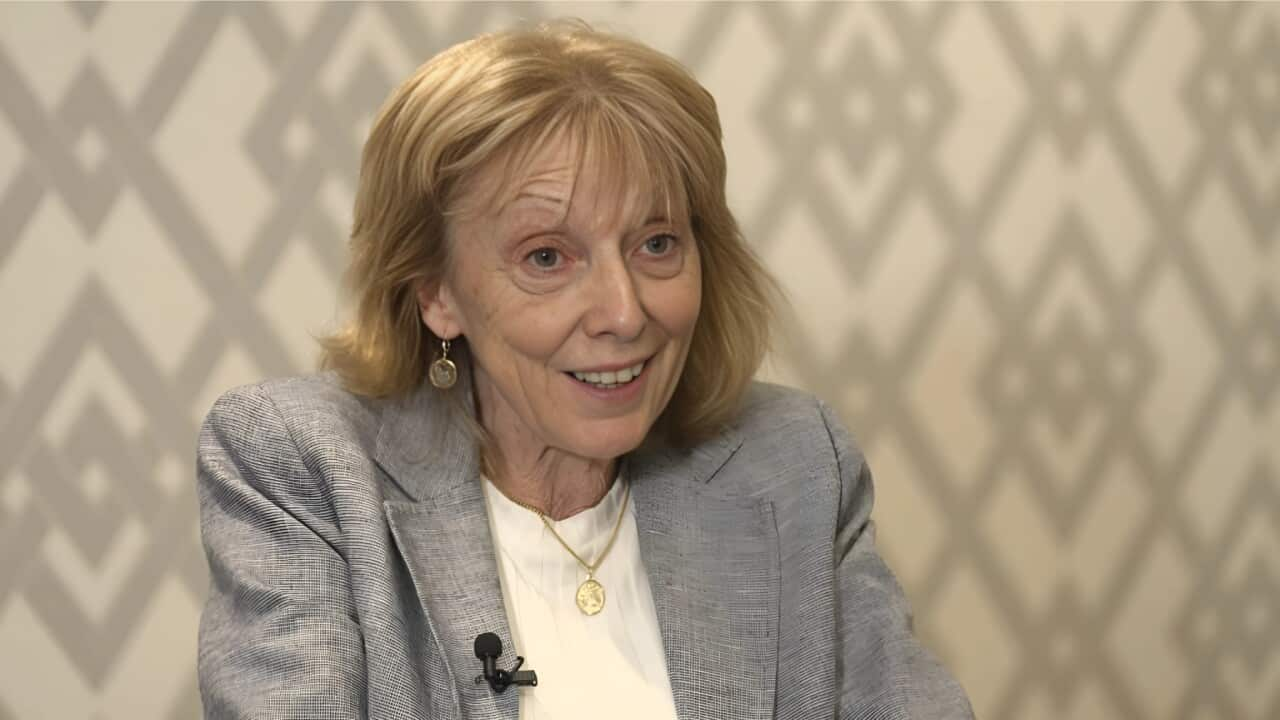TRANSCRIPT
UPSOT - "Sold, congratulations!"
The great Australian dream of home ownership.
For the next two years, it looks like it will be limited to just Australians.
The government is flagging a complete ban on the purchase of existing homes by all foreign investors.
This will include temporary residents - like international students - and foreign-owned companies.
Housing Minister Clare O'Neil says this is a step towards solving Australia's housing crisis.
"So what we are doing here is working through the levers that we can pull. This is an important one, it is not going to fix the whole problem, but what we need to is identify every single change we can make for Australians and make sure we make those changes all at the same time."
House prices have risen across he country over the past decade, with the average transfer price of established homes in capital cities increasing significantly.
In Sydney, for instance, houses went form $615,000 in 2013 to $1.3 million in December 2023.
Canberra had the second highest average among capital cities, at $980,000.
The price paid for housing in non-capital cities has also spiked.
The government's ban, with a few exceptions, is due to come into force on the 1st of April and last for at least two years.
But Ms O'Neil recognises the is a much bigger problem to be fixed.
"We are dealing with these issues one-by-one, and without question the most important thing that we need to do is building more housing in our country."
It led to questions over the size of the ban's impact.
In 2023 foreign investors made up around one per cent of annual property purchases, that is a third of those existing dwellings.
Minister O'Neil guarantees this is just one part of the plan.
"One thing I can tell you about the housing market in Australia, this is not a silver bullet because there isn't a silver bullet. What's required of us is to make sure that we identify all of the ways that we can reshape this in favour of those Australian young people who are struggling."
But Greens Housing spokesperson, Max Chandler Mather says the measure won't be able to create significant impact.
"We know there was about 5,500 investor purchases of homes. Of that about a third of them were of existing homes, which is what now Peter Dutton and Labor are proposing to ban for two years. That amounts to about 1800 properties. There were roughly about 670,000 property purchases in that year alone, which means 0.3% is what labor and the liberals are proposing to crack down on. That's not going to do anything for the housing crisis."
Opposition leader Peter Dutton had proposed a similar plan last year.
"...a two year ban on foreign investors and temporary residents purchasing existing homes in Australia."
The plan was dismissed by ministers then, leading Mr Dutton to question the Labor party adopting it now.
"If it was so good and the Prime Minister actually believed in it, why wasn't it legislated in the last fortnight in Parliament?"
Federal MP Michael Sukkar also criticises the timing of the measure.
"Them adopting this policy of the coalition today just shows that they're out of ideas and they're desperate, five minutes before an election."
It comes as the upcoming election casts housing and the cost of living as decisive issues.
Two prominent pollsters today have suggested a strong chance of a hung parliament, one - with the Coalition winning the most seats.
YouGov conducted more than 40,000 interviews across the country, presenting projections for all 150 electoral districts.
The ‘most likely result’ of their calculations is the Coalition winning up to 73 seats while Labour just 66.
The Greens would lose 3 seats, and the independents vote would be required for an absolute majority of 76 seats.
But would Teal candidates support a Dutton government?
Independent MP Allegra Spender has told the ABC Insiders that her vote is still up for grabs.
"Speers: You're saying its not necessarily the party with the most seats gets your support?
ALLEGRA SPENDER: Not necessarily but it is certainly a factor that I will consider."













